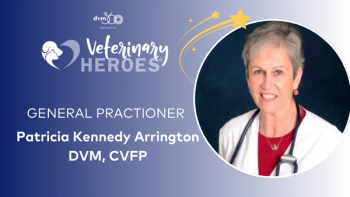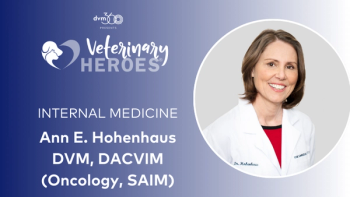
How to manage personality conflicts in practice
The trite phrase, "personality conflicts," allows key issues to be ignored or defined out of existence in daily operations. The term could mean the practice did not hire for "team fit," or they did not establish a "safe-haven" environment when establishing behavior expectations.
The trite phrase, "personality conflicts," allows key issues to be ignored or defined out of existence in daily operations. To assist us, let's assume the following:
- The practice "vision" is current and vivid -- it sets the direction for five to 10 years.
- The core values are inviolate -- anyone can safely make operational decisions based on them and feel protected (the practice culture is a safe haven).
- There is a consistent standards of care for all providers in the practice.
- The "blame game" is not in practice, rather, the future planning (e.g., "What do we need to do better next time?") replaces the quest for assignment of blame.
- Continuity of care is established on the master problem list of the medical records and the attending nurse is identified in the computer tracking system.
With these "expectations/behaviors" in place, we can now look at the phrase itself, "personality conflict"; it could mean the practice did not hire for "team fit," or they did not establish a "safe-haven" environment when establishing behavior expectations. The basic "terms of employment," behavior expectations for all staff, must be very clear: team fit (harmony), competency, productivity and client-centered patient advocacy. When someone is learning (e.g., during the 90-day orientation and training phase for new hires), caring and compassionate coaching must occur to ensure the team fit is established.
There are five rights to consider when entering into a coaching or counseling role, and they are:
- Why? Establish the right purpose. This is the best way to solve an issue that has not, or will not, solve itself. This right concerns talking a concern or issue over with someone seeking assistance.
- When? Pick the right time. It is most often a sensitive process that requires setting a time that is "best" for both parties; it seldom happens by accident. It also should not happen in the heat of an actual conflict.
- Where? Choose the right place. A relaxed, quiet, private location, free from interruptions (including a cell telephone) is needed.
- What? Take the right approach. The serious nature can set a "tense" tone at the beginning. Therefore, minimize the threat by establishing a non-threatening approach so people can talk freely.
- How? Pick the right techniques. Every situation is different, and whether it is a "let's get down to business" or an "it's great to see you again" opening, it is dependent upon the behavior styles of the individuals and issue situation.
The process may change during the coaching/counseling, and that is okay also. So is "managing personality conflicts" an impossible task or is it just an excuse for not facing team harmony expectations? Yes and no, since perception is reality. Is it a major reason? Sure! Does it have to continue? Never! There is a five-step process available:
Step 1: For mediation, establish a vision and core values.
Step 2: Create clear and consistent standards of care.
Step 3: Align the practice operations with a new operational model that empowers the staff.
Step 4: Provide day-to-day leadership and open communications needed for professionalism and image.
Step 5: Why does everyone come to work at the practice in the first place? The answer: to deliver quality veterinary healthcare to patients and their pet parents.
(For more information refer to VPC Signature Series monographs.)
Try to build a "safe haven" practice culture.
A hostile work environment is not allowed in the American workplace; it is a liability to allow it. The uncommon practice leader is one who develops a "safe haven" for all staff members. This safe haven allows open feedback and the freedom to make mistakes when trying new things yet assessing "how can we do it better next time." This requires a clear vision for practice direction, inviolate core values and clear/consistent standards of care. In an environment where management is done "with the heart," everything becomes easier.
(Suggested reading: "Managing From the Heart" by Bracey, et al.)
Newsletter
From exam room tips to practice management insights, get trusted veterinary news delivered straight to your inbox—subscribe to dvm360.




